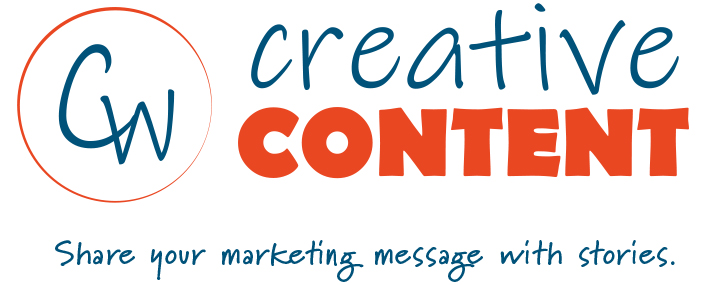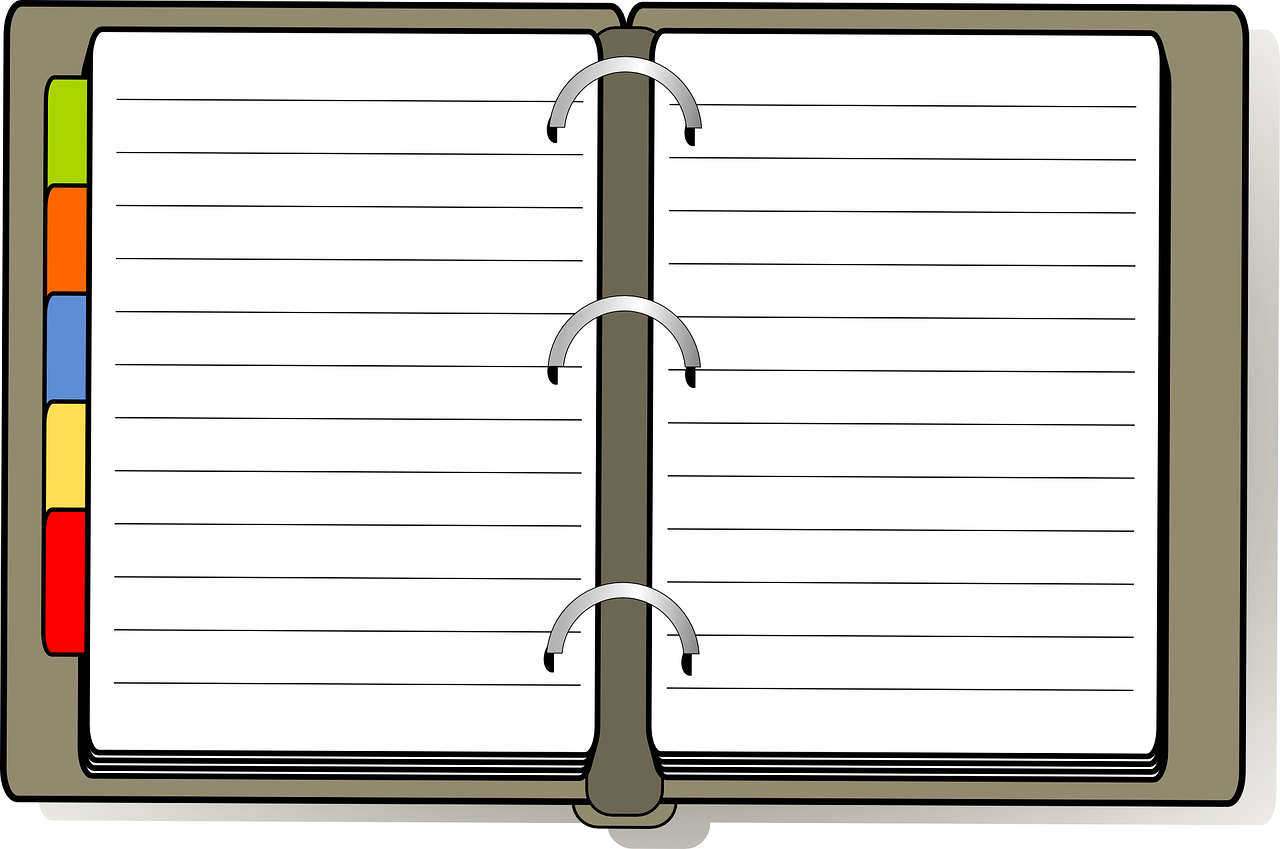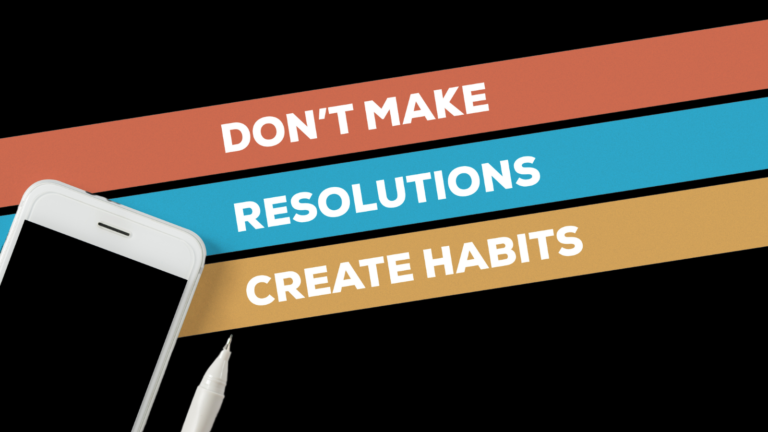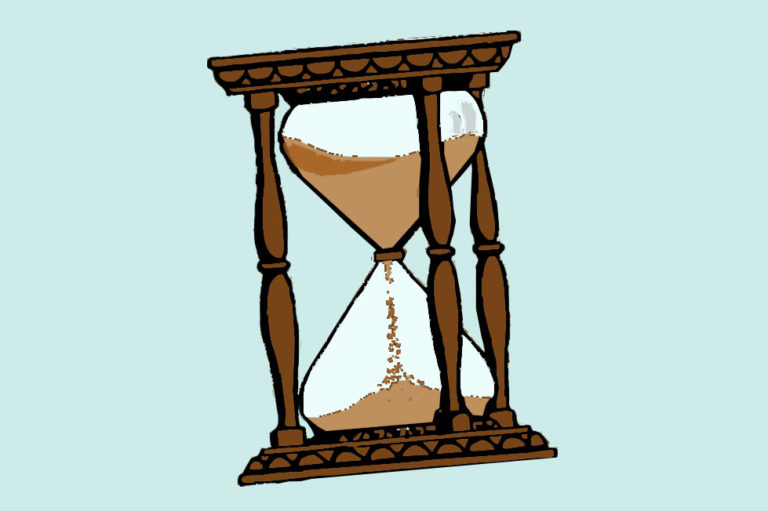hab·it – a recurrent, often unconscious pattern of behavior that is acquired through frequent repetition.
We all know what habits are, and probably take them for granted most of the time. But bad ones can hold us back in our careers and personal lives, and good ones can propel us forward almost effortlessly.
Take exercise, for example. Years ago, I wanted to start getting in shape, but knew it wouldn’t happen unless I got myself to the gym consistently. So I decided which days would be my “gym days” and stuck to them.
Within two or three weeks, I didn’t even have to think about it – I just swung by the gym on my way home after work or worked it into my lunch hour. That habit made it easy for me to stay in shape.
The down side of habits, though, is that they can make us lazy and encourage us to “turn off our brains.” Mindlessly, we keep doing the same things over and over again, year after year. That’s when we’re in danger of “losing” our creativity.
Hopefully, the information I’m sharing with you here will help you evaluate your own habits, and maybe even start establishing some new ones that will strengthen your creativity and your business.
* * *
Similar to “structure,” habits may not seem related to creativity at all. That’s because their influence on our lives is so subtle, we often never realize how much we’re sabotaging our own success by hanging onto them (the bad ones, that is).
5 Habits that HELP Creativity
Be Persistent – Keep moving toward the end results you see in your mind.
Take Risks – Treat mistakes as experiments. That’s what Thomas Edison did: “I have not failed. I’ve just found 10,000 ways that won’t work.”
Escape – Change your surroundings and you’ll often change your thoughts. That’s why great ideas often come to us when we least expect them (like when we’re driving or taking a shower).
Find Patterns – Combining ideas and seeing connections between seemingly unrelated things has often led to inventions we now take for granted. For instance, the ice cream cone was invented at the 1904 World’s Fair when one vendor rolled up some waffles and gave them to another vendor who’d run out of paper plates on which to serve ice cream.
Keep a Journal – Writing down ideas and feelings (with a pen or pencil – not on a computer) is a powerful tool for many reasons:
- We “see” our thoughts better when we have to slow down enough to write them out.
- Our brains relax when we store thoughts on paper instead of keeping track of them in our heads.
- It’s a safe place to express ourselves, helping us form our ideas before exposing them to a sometimes critical audience.
5 Habits that HARM Creativity
Evaluate While Creating – This is like trying to edit your words before you’ve even finished writing them down. Very frustrating and keeps you from coming up with truly great ideas.
Blindly Follow “Experts” – Never be afraid to try something if you really believe in it. Some of the most successful people in history ignored experts who said their ideas wouldn’t work. (Dr. Seuss’s first book was rejected 27 times before it was published because it was so different.)
Fear Failure – No one succeeds at anything without risking failure. Trying to insure your “safety” takes a lot of energy and pretty much guarantees you’ll never achieve huge success.
Have Low Self-Confidence – Doubting the successful outcome of a particular idea is not the same as doubting your own abilities. As long as you realize you ARE capable of solving problems and coming up with successful new innovations, you’ll be fine.
Become Overwhelmed by Information – These days, with easy access to information online 24/7, it’s easy to get overloaded with too much data … which affects our ability to think clearly. Try to weed out the unimportant stuff by limiting how much time you spend watching the news, surfing the internet, and checking your email.








